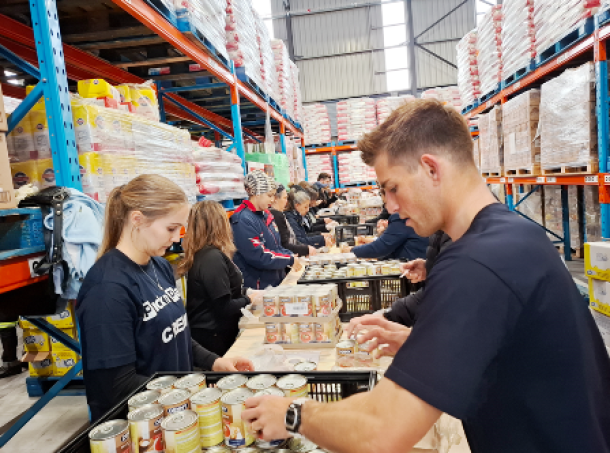Deaf worker makes his mom's dream come true with Shoprite
Sibonelo Ndwandwe is one of those employees employers dream of. When we heard his plan to help his mom and their community, we immediately wanted to help ...
Struggling to find employment is a reality for most Deaf South Africans, with a staggering 70%, who are able to work, currently unemployed and many working as labourers. Sibonelo Ndwandwe, a Deaf employee at Shoprite’s Amanzimtoti store just outside Durban, used to form part of this statistic. Now, with the help of Shoprite’s Learnership programme for Deaf people, he no longer is.
Since completing the Decade of the Deaf programme and joining the Shoprite team, Sibonelo has not only found meaningful employment but has been able to save towards a life-long dream of helping his mother start her own tuckshop and crèche.
However, as a loyal and dedicated employee he no longer needs to save to make this dream come true. After hearing about it, Shoprite decided to reward Sibonelo’s years of hard work by donating a retrofitted shipping container, with windows and doors, to his mother to help her kick-start her business.

- Sibonelo Ndwandwe
As the largest private sector employer in South Africa, employing more than 140 000 people, we have seen the positive effect that skills development has on communities and the economy.
Over the past nine years, we provided more than 850 Deaf and hard-of-hearing people with the opportunity to complete an NQF Level 2 qualification. Following a competency evaluation, those who qualify are guaranteed employment within the supermarket group. This retail skills development gives more people access to employment in the retail industry.

About eDeaf
The eDeaf programme, run in partnership with the Wholesale and Retail SETA, develops Deaf youth skills and creates job opportunities for them. The training is available to Deaf South Africans aged 18 – 35, that have Grade 10 and no criminal record (individuals without Grade 10 are put through a mini bridging course). The wholesale and retail industry is perfectly suited for Deaf candidates in most areas, from receiving and merchandising to deli assistants and cashiers.
Deaf candidates are taught five different skills programmes as part of a 12-month learnership in a National Certificate: Wholesale and Retail (NQF) level 2. The Shoprite Group was the first long-term invested employer in the retail sector to offer this qualification to the disabled (Deaf and hard of hearing) learners and those who qualify are guaranteed employment within the Group following a competency evaluation. Training is conducted by a specialised team of Deaf facilitators and learners are taught in South African Sign language.
For more information on the Deaf Wholesale & Retail Learnership Programme, visit their website here.
News Category
- International retailers
- On the move
- Awards and achievements
- Legislation
- Wine and liquor
- Africa
- Going green
- Supplier news
- Research tools
- Retailer trading results
- Supply chain
- Innovation and technology
- Economic factors
- Crime and security
- Store Openings
- Marketing and Promotions
- Social Responsibility
- Brand Press Office
Related Articles
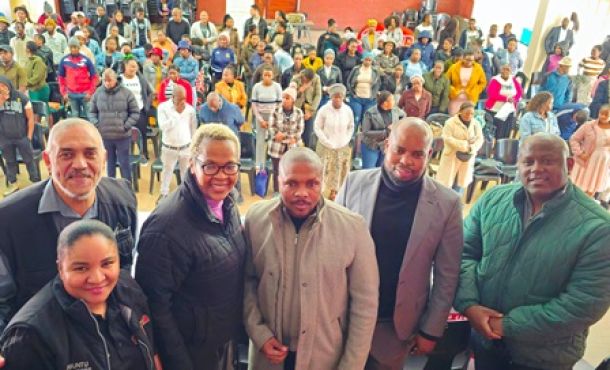
Successful farmer’s training project launches i...
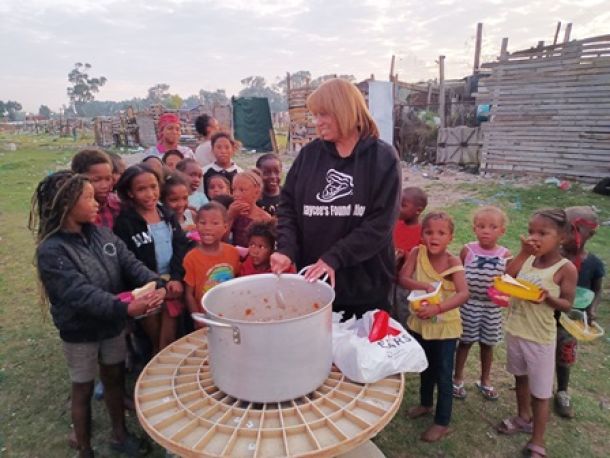
Engen’s Charmaine Le Breton secures support for...
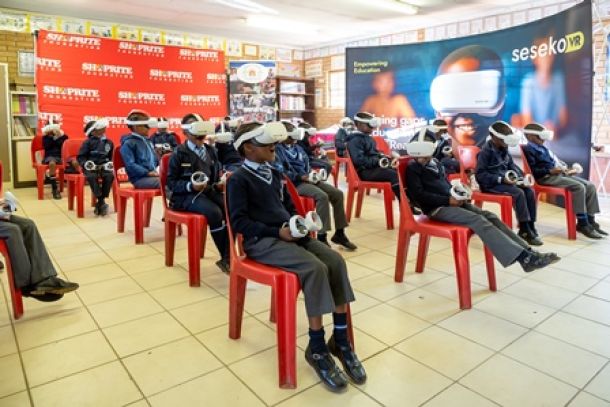
Virtual reality and access to clean water for S...
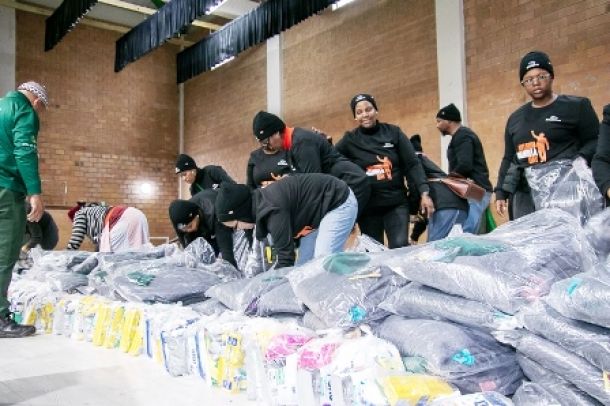
Gift of the Givers and Engen join hands for Mad...
